Prof. Håvard Swane Bækken: “Militarized Patriotism and Identity Policy in the Occupied Donbas”
Time: 9 December, 15:15-17:00
Place: NI:C0933 seminar room, 9th floor, Niagara, Nordenskiöldsgatan 1
Online: https://mau-se.zoom.us/j/63790169816
Meeting ID: 637 9016 9816
Bio
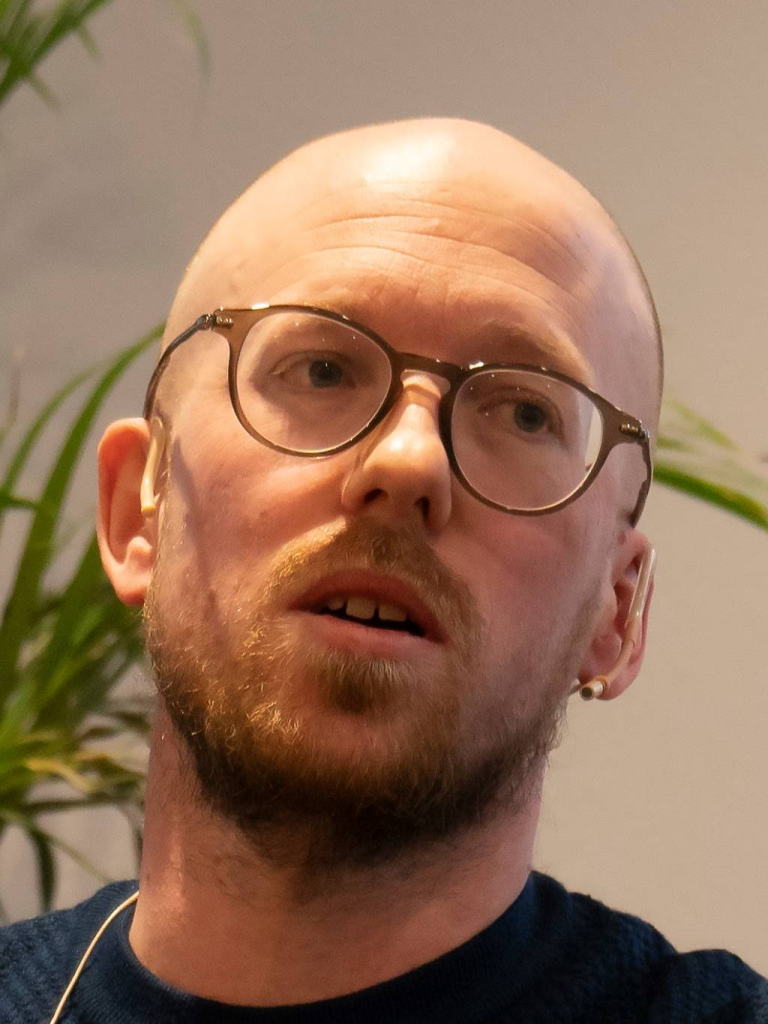 Håvard Bækken is Professor of Russian Area Studies and has been affiliated with the Norwegian Institute for Defence Studies (IFS) since 2015. As of 2025, he is also affiliated with the School of Intelligence and Language (SESK)
Håvard Bækken is Professor of Russian Area Studies and has been affiliated with the Norwegian Institute for Defence Studies (IFS) since 2015. As of 2025, he is also affiliated with the School of Intelligence and Language (SESK)
Bækken’s research focus at IFS is militarism and military patriotic education in Russia and in occupied parts of Ukraine. Bækken is heading the research project Contested Ukraine: Military Patriotism, Russian Influence, and Implications for European Security, and (temporary) the Research Programme for Ukraine and Full-Spectrum Threats.
Bækken teaches extensively and is responsible for courses on Russian politics and society as well as on Russian history and its uses. His previous research includes several publications on quasi-legal practices in Russia.
Abstract
Since the first invasion of Ukrainian territories in 2014, Russia has been using militarized patriotic education to further its strategic aims in the occupied regions. In his presentation, Håvard Bækken will introduce his research on military patriotic education in Russia, and in particular his articles on the export of militarized patriotism into occupied Ukraine. At the core of the presentation will be the policy employed in the so-called peoples republics in the Donbas before the full-scale invasion, where the changing faces of patriotic education is seen as a reflection of strategic concerns in Moscow. Since 2019, Bækken argues, the pace and direction changed, as clubs (esp. Yunarmiya) has become more directly involved in Russia’s plan of cultural assimilation of the youth. Today, Yunarmiya is actively promoting Russian nationhood in every occupied oblast of Ukraine.
Welcome!



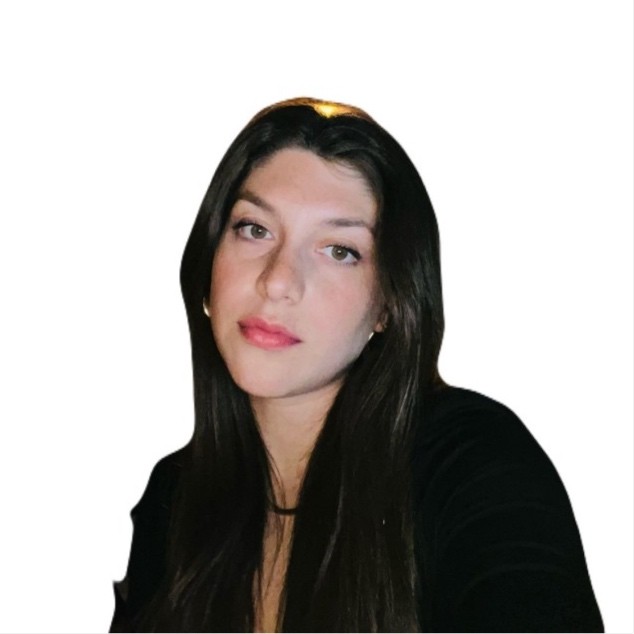 Lika Kobeshavidze
Lika Kobeshavidze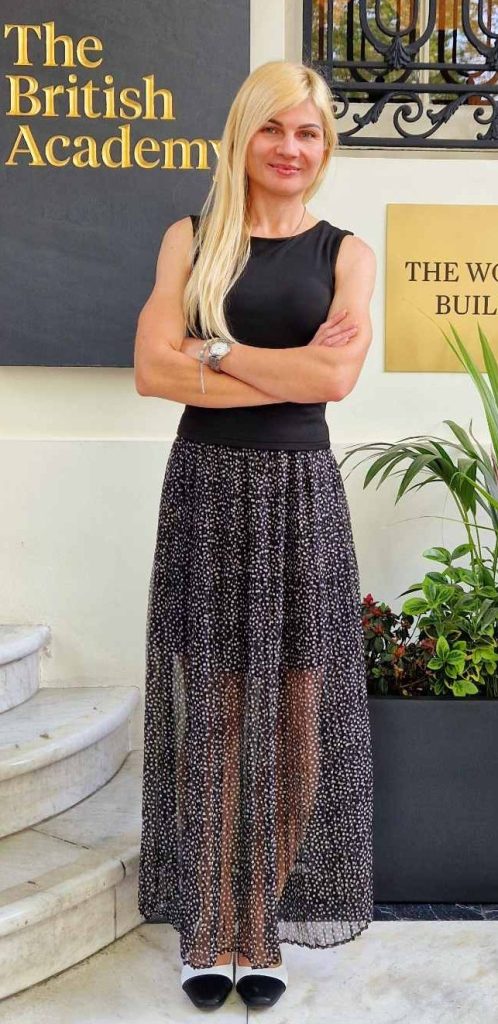
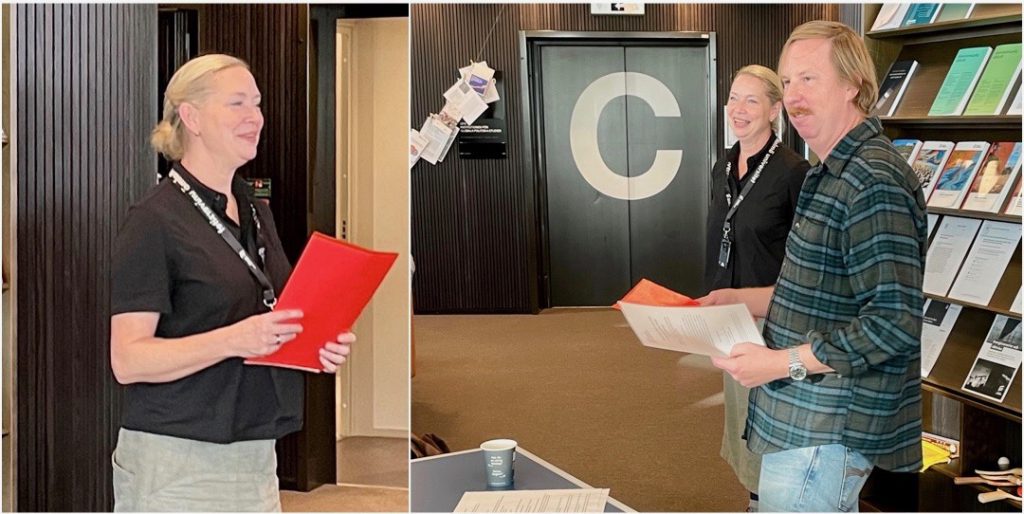
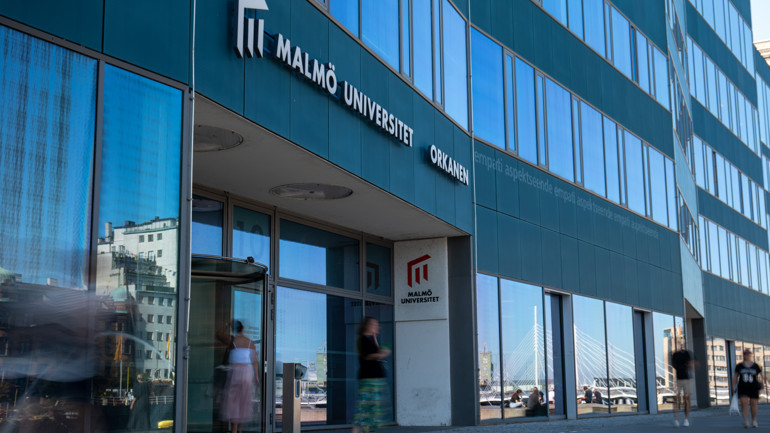 Dr Aliona Yarova presents a Crafoord-funded postdoc project in which she has explored the societal and educational potential of Ukrainian children’s literature about the war. The talk, which is co-organized by the Faculty of Education and the University Library, will focus on her research in Ukrainian children’s literature, her collaboration with the NGO Poruch and her work with the “Schools of Peace”-project. The exhibition will feature some examples of children’s artworks – the result of creative writing workshops with three Ukrainian schools as well as an award-winning map of Ukraine made by the children which was displayed at the University of Tartu Art Museum. She will also discuss about the project’s future prospects, ideas of collaborative funding applications and a possibility to organize an exhibition showcasing children’s works.
Dr Aliona Yarova presents a Crafoord-funded postdoc project in which she has explored the societal and educational potential of Ukrainian children’s literature about the war. The talk, which is co-organized by the Faculty of Education and the University Library, will focus on her research in Ukrainian children’s literature, her collaboration with the NGO Poruch and her work with the “Schools of Peace”-project. The exhibition will feature some examples of children’s artworks – the result of creative writing workshops with three Ukrainian schools as well as an award-winning map of Ukraine made by the children which was displayed at the University of Tartu Art Museum. She will also discuss about the project’s future prospects, ideas of collaborative funding applications and a possibility to organize an exhibition showcasing children’s works.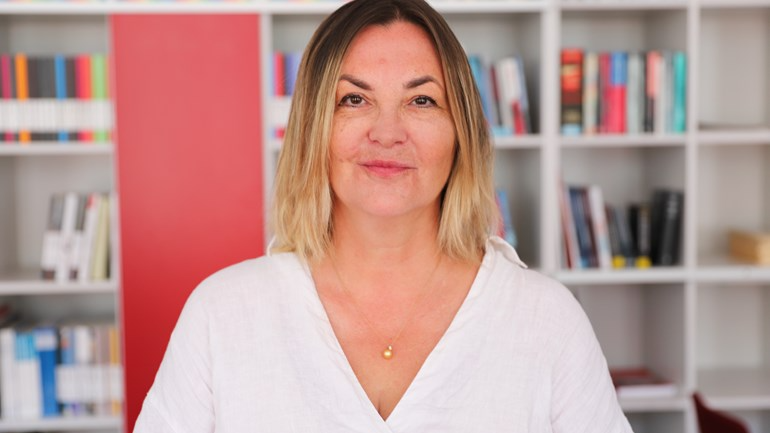 Professor Irina
Professor Irina  On August 30 RUCARR hosted a meeting with members of the board of the Friends of Georgia, Society, SWEDEN. The expertise and experience of the members of the board in various fields of business, culture, politics and other perspectives of the Georgian society is quite unique. Among them Chairman Sven Holmström with expertise in Georgian agriculture, advisor to the board Per Eklund, former EU ambassador to Georgia and Armenia, professor Joakim Enwall (Uppsala University), one of the founding members and Georgian expert, Anuki Sturua, former secretary to the ambassador of Georgia to Sweden, Eric Jönsson, CEO to the Fulbright Commission in Stockholm and former honorary consul in Tbilisi, Bengt Carlström, chair of the Swedish-Georgian chamber of commerce, Ulrica Söderlind, Senior lecturer at Umeå University, gastronomic expert and the author of several books in the field, historian Ann Grönhammar and Suzanne Menzel Persson, with special inerest in travel in the Georgian highlands..
On August 30 RUCARR hosted a meeting with members of the board of the Friends of Georgia, Society, SWEDEN. The expertise and experience of the members of the board in various fields of business, culture, politics and other perspectives of the Georgian society is quite unique. Among them Chairman Sven Holmström with expertise in Georgian agriculture, advisor to the board Per Eklund, former EU ambassador to Georgia and Armenia, professor Joakim Enwall (Uppsala University), one of the founding members and Georgian expert, Anuki Sturua, former secretary to the ambassador of Georgia to Sweden, Eric Jönsson, CEO to the Fulbright Commission in Stockholm and former honorary consul in Tbilisi, Bengt Carlström, chair of the Swedish-Georgian chamber of commerce, Ulrica Söderlind, Senior lecturer at Umeå University, gastronomic expert and the author of several books in the field, historian Ann Grönhammar and Suzanne Menzel Persson, with special inerest in travel in the Georgian highlands..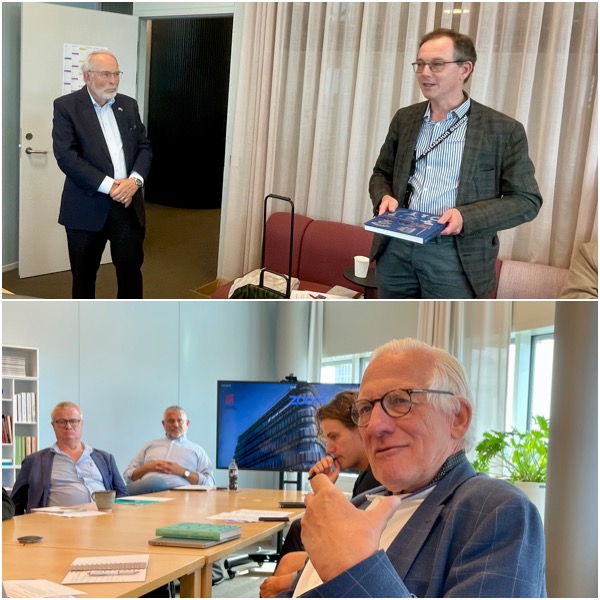 Program
Program Karina Vamling, Prof: Presentation of Caucasus Studies and RUCARR
Karina Vamling, Prof: Presentation of Caucasus Studies and RUCARR Dr Mariia Tyshchenko: “Empowering Civil Society in Eastern Partnership Countries”
Dr Mariia Tyshchenko: “Empowering Civil Society in Eastern Partnership Countries”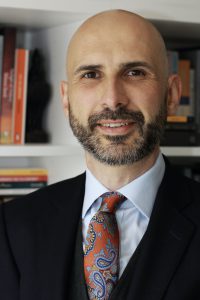 Branislav Radeljić is Professor of International Relations in the Department of Government and Society, United Arab Emirates University. In addition, he serves as Visiting Professor of European Politics at Nebrija University. His scholarly interests focus on European and Middle Eastern political and socioeconomic developments.
Branislav Radeljić is Professor of International Relations in the Department of Government and Society, United Arab Emirates University. In addition, he serves as Visiting Professor of European Politics at Nebrija University. His scholarly interests focus on European and Middle Eastern political and socioeconomic developments. 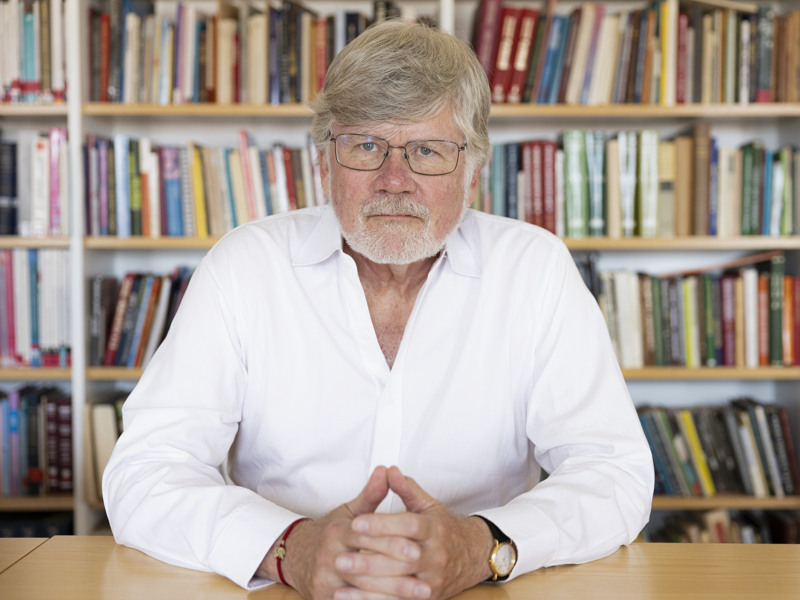
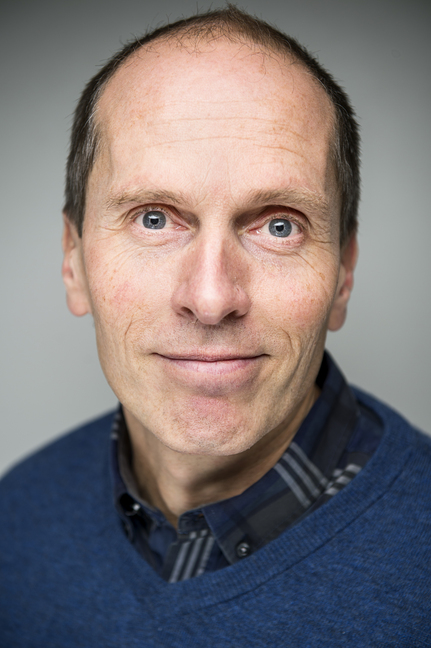 Prof. Aadne Aasland’s presentation will address the following:
Prof. Aadne Aasland’s presentation will address the following: